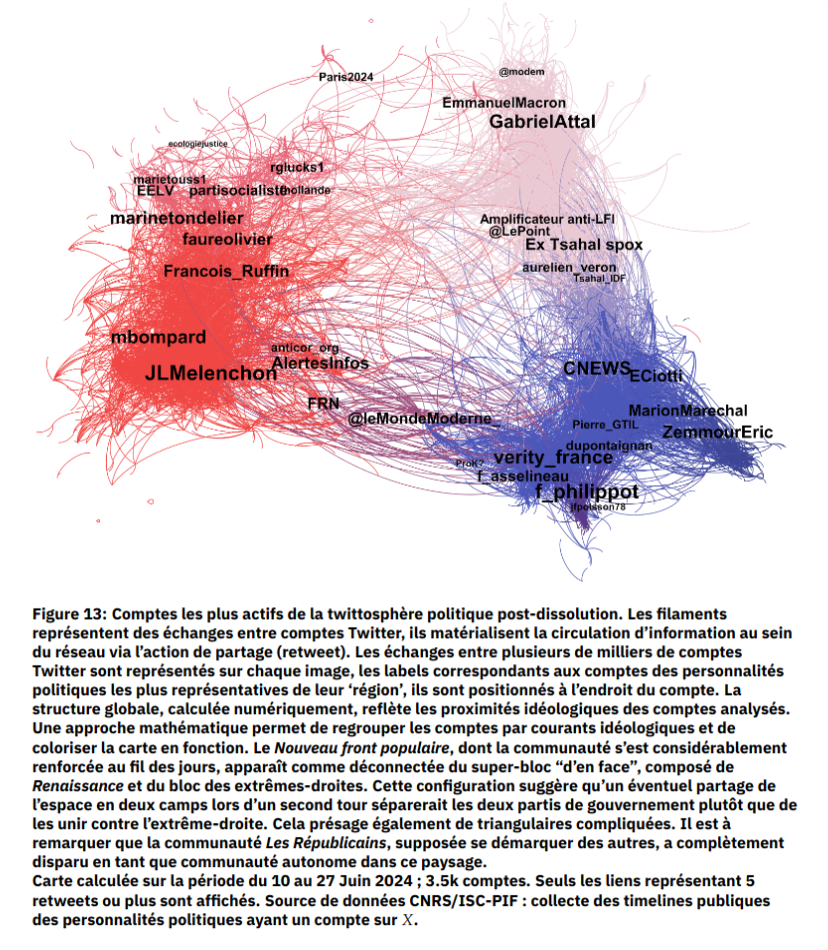This may come as a shock for people who are stuck with the past century image of Japan being a technical leader with high-tech hardware, video games, robots and high speed trains.
They didn't really succeed with the internet industry, their tech giants never managed to scale to the world internet and compete with the USA. A lot of their tech industry is still from Japan, in Japan, for Japanese only. For example, countless fintech products only running in Japan, hyper specialized to the Japanese habits and regulations.
It seems there's also no craze in the youth to become IT engineers, like in most of the rest of the world. Apparently most engineering students prefer heavy industries like buildings and transportation. Eventually, it's not enough to cover the IT development needs in Japan, in addition to the low birthrate. So I'm part of these foreign engineers who got visas to fill this need.
My team is 50% Chinese, 30% Indian (mostly in India), 10% Japanese and 10% European.
My manager is Chinese, and I have noticed a similar tendency as what I have seen described with some Indian managers in the USA tech companies: he more easily hires short-term contractors of the same origin. Maybe because he is more confident in his ability to control them. It's a bit problematic for the atmosphere of the team, as they tend to stick together and speak in their native language, even during meetings. I was expecting to not understand meetings because they were going to be in Japanese, I was definitely not expecting that they would be in Chinese.
Nonetheless, I sometimes consumed some social mana to try to get to know my Chinese colleagues better, with more or less success as some speak very little English.
I was especially curious to learn about their work conditions, life conditions, and their political opinions, if any. Here is the list of random anecdotal pieces of information I received during those talks with different colleagues.
Work conditions are pretty bad in China, even for IT engineers:
- Most of the companies ask their employees to do the infamous 996 (9 am to 9 pm, 6 days a week), some even 997 for specific periods of the year.
- There's an expiry age for IT engineers in China, which is 35. If you haven't become a manager by this age, companies will consider that you are failing your career, let you go or not hire you. At least two colleagues are in Japan to escape this.
- Chinese IT giants like Baidu, Tencent and Byte Dance have this kind of policies, but they may also offer salaries higher than EU and getting closer to the USA. Considering the lower cost of life, people are motivated to work there 100% of their awake time, with no social life, during 10/15 years in order to be able to retire at 40.
Life:
- Cities develop at such a crazy pace that when they go back home after just 1 or 2 years, they sometimes have issues to recognize their home cities.
- The technical ecosystem evolves really fast, with zero concerns allowed for privacy. I was complaining to my colleague that I hated how we were asked to connect to a company chat app with our private phones because of privacy concerns. She laughed at it and said last time she went home, people had started to pay with their faces.
Politics:
- At least one of my Chinese colleague is completely aware of the crimes of his government, Tiananmen, Tibet, Uyghurs etc. I think most educated people are aware thanks to VPNs and traveling. I find it reassuring that the censorship and propaganda are still unable to fully control opinions.
- There is a lot of resentment against the Chinese government for how they managed the COVID crisis with extremely strict and long confinements compared to other countries. "The officials were scared to get sick, so they made our lives a nightmare to protect themselves from any risk."
- They mostly avoid to publically talk/write about their political opinions to avoid troubles.
- I heard a potential conspiracy theory that sometimes children disappear after school-wide blood tests, that it may be related to organs harvesting for the use of members of the oligarchy/state/party, and that parents are later asked to get the ashes of their kids with no explanation. Something related to these: https://theconversation.com/killing-prisoners-for-transplants-forced-organ-harvesting-in-china-161999, https://thediplomat.com/2024/08/first-known-survivor-of-chinas-forced-organ-harvesting-speaks-out/.








Wouldn't the Anglosphere include every English speaking countries like South Africa, India and others?